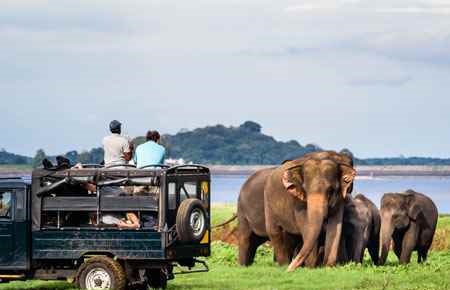
Wildlife Biology Major
Wildlife Biology Studies is a major program that focuses on the application of biological principles to the study of vertebrate wildlife, wildlife habitats, and related ecosystems in remote and urban areas.
A major program in Wildlife Biology Studies will likely include in animal ecology; adaptational biology; urban ecosystems; natural and artificial habitat management; limnology; wildlife pathology; and vertebrate zoological specializations such as mammalogy, herpetology, ichthyology, ornithology, and others
What can you do with a major/degree in Wildlife Biology Studies?
Typically, while earning an undergraduate degree in this field, you will have a chance to specialize in a certain field or species. However, those hoping to move into a career in wildlife biology are expected to have knowledge, skills, and work experience in addition to a bachelor’s degree. Basically, you’re likely going to need advanced education, but a bachelor’s degree is the best way to begin your journey as an aquatic biologist, zoologist, marine mammologist, fisheries biologist, habitat biologist, fish and wildlife biologist/manager.
Trade Associations and Professional Organizations in Wildlife Biology Studies:
Professional associations are groups of specialists dedicated to topics in particular fields. Professional associations provide a wealth of online resources, some of which are geared specifically towards students. These organizations typically also host conferences and events, providing great opportunities for learning and networking across your field of interest.
Publications/Magazines in Wildlife Biology Studies?